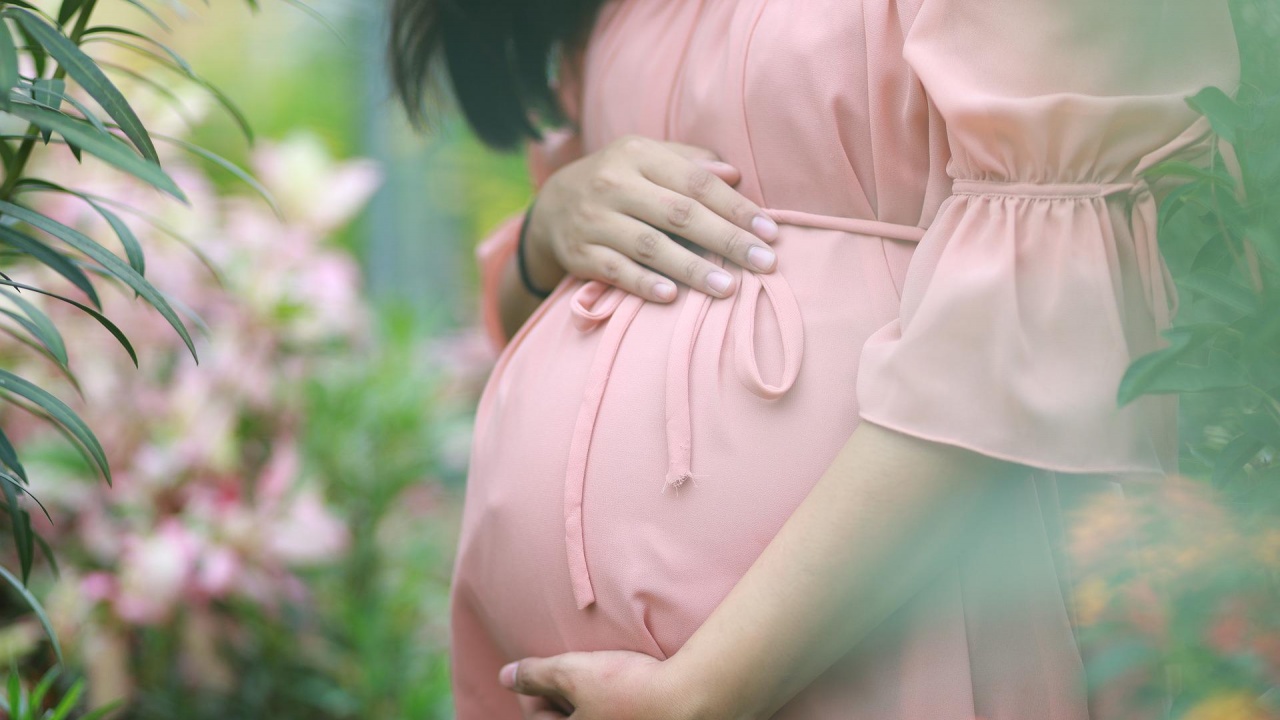Increasingly, young women are postponing the birth of their first child until a later age. Over time, viable healthy eggs decrease and become depleted, without visible outward symptoms.
A campaign by the charity "Let's Be Better" encourages women between the ages of 25 and 35 to get tested for their reproductive status.
The initiative is supported by the Metropolitan Municipality, and tomorrow evening a concert will take place in the NDK.
Families and young girls should be aware that while we are in a hurry and looking to build a career, the years go by and at some point the ovarian reserve decreases, commented Albena Atanasova, Deputy Mayor of Sofia, in the program "Horizon do Obed".
"And at a later stage they realize that either it's very small and they try already for an in vitro procedure, or it's completely depleted and we go to look for eggs."
Dr. Georgi Vakrilov: Exhaustion of the ovarian reserve is asymptomatic
The Metropolitan Municipality has a program for couples with in vitro procedures who need donor eggs.
Atanasova emphasized that there are more and more cases in which young women have already lost a large part of their ovarian reserve.
Tests for ovarian reserve are not included in routine obstetric and gynecological prophylaxis.
The procedure is not cheap.
"The ovarian reserve is the amount of eggs with which a girl is born. They are laid in the ovaries already in utero. At birth, their number is about 400,000. With the onset of puberty, ovulation occurs, one egg is released every month. They are not that many many ovulations from the onset of puberty to menopause, but the thing is, when one egg is released, when it goes, about 50-60 go, of which one ovulates, and the rest die. Thus, this reserve begins to decrease, as at some point it runs out."
This was explained to BNR by Dr. Yosif Dimitrov, one of the pioneers of the in vitro method in our country.
The depletion usually occurs as the woman ages, but there are cases when it suddenly turns out that the reserve is greatly reduced, the specialist pointed out.
In his words, recently the problem affects "a lot of women under 35, even under 32".
"The exhaustion of the ovarian reserve is an irreversible process. It does not hurt, it can be exhausted even before 32 years, so it should be checked in time! There are opportunities to slow down a little, to stop the biological clock by freezing eggs. On the other hand, with age, the quality of the eggs get worse. After 35 years it starts to get worse and somewhere around 38-40 at least 80% of the eggs have genetic abnormalities."
"This is a problem that is underestimated," said Dr. Dimitrov categorically.
According to him, many women because of work or studies "miss the moment when children should be born, it is too late".
The obstetrician-gynecologist advises "not even to wait 35 years" and as this age approaches, the woman should already be aware of her reproductive status.
birth
ovarian reserve
